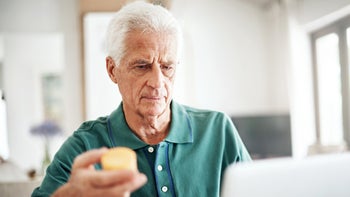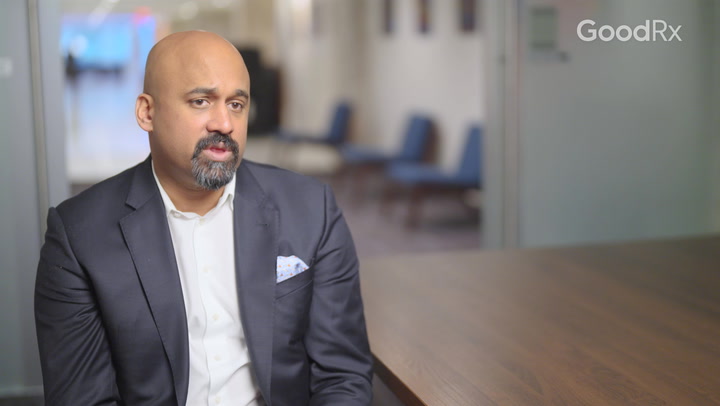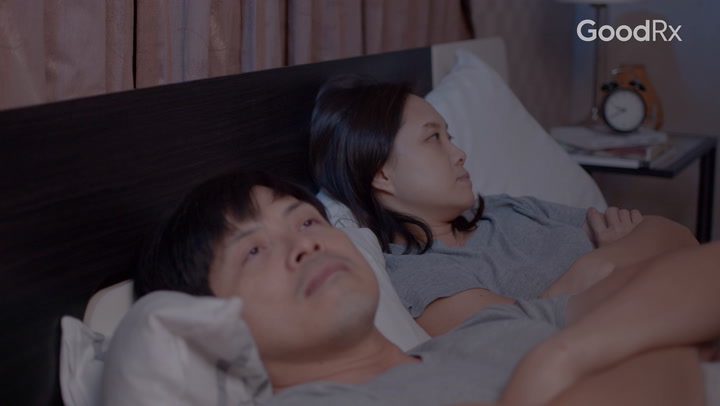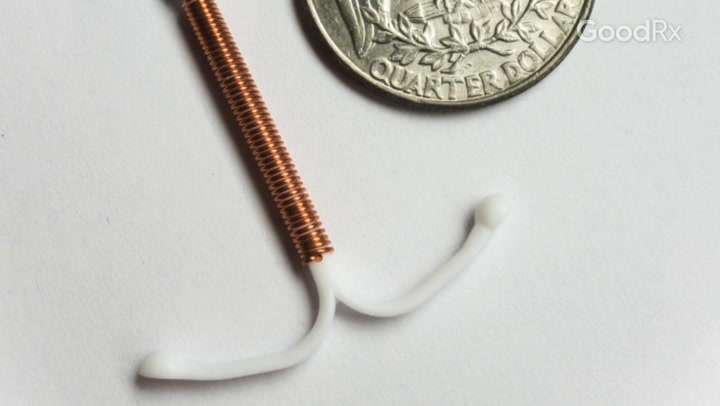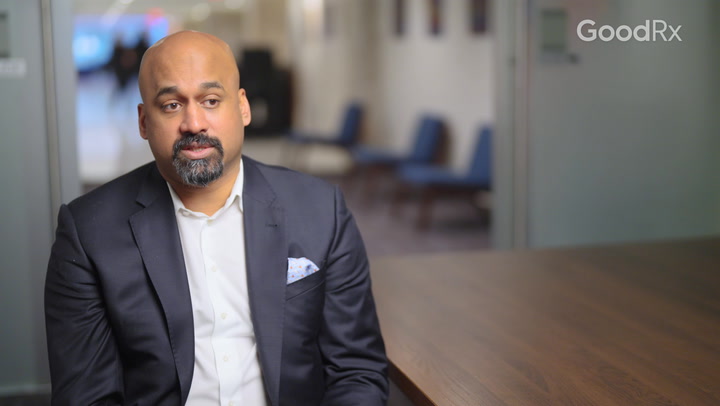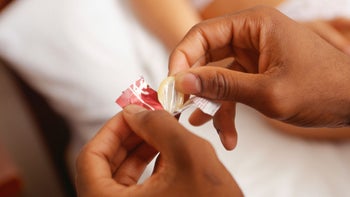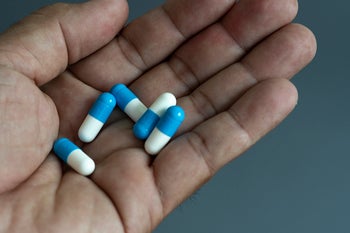
Can Sex Make Your Period Come Early?
Key takeaways:
There’s no scientific proof that having sex can make your period come early. But if you’re already close to your period’s start date, sexual activity might bring it on sooner.
An orgasm can’t induce a period on its own. However, if you’re on the verge of starting your period, it could speed things up slightly.
There’s no guaranteed way to make your period come faster. Methods like adjusting birth control pills or exercising may help shift the timing.

You’ve been looking forward to this vacation for months. Everything’s perfect except for one tiny detail. Your period is scheduled to arrive in the middle of your trip. It’s a moment many of us dread, often leading to a frantic Google search: “Can sex make your period come early?”
While the idea of using sex to jump-start your period might seem appealing, it’s not quite that simple. Sex doesn’t make your period come early in the way you might hope. However, with the right timing, it could play a role in nudging your flow to start a bit sooner.
Does sex make your period come early?
No, there’s no reliable research to suggest that having sex can make your period come early. But sex might cause your period to start a bit sooner if you’re already approaching that time of the month, said Michael Reed, MD, a board-certified functional and cosmetic gynecologist. And it comes down to a combination of hormones and physical stimulation that happen during sex.
Your body releases oxytocin during intimate moments, Reed explained. Oxytocin, known as the “love hormone,” is involved in many bodily functions. It triggers uterine contractions and helps start labor in pregnant people, but at much higher levels. As your period approaches, your uterus prepares to shed its lining. So if you’re close to the start of your next period, these oxytocin-induced contractions could help speed up the process.
Additionally, an orgasm can cause uterine contractions. That may give your period a little nudge if you’re close to that point in your cycle, Reed said.
Can an orgasm induce a period?
An orgasm alone can’t magically make your period appear out of nowhere. But it might play a role in kick-starting your flow if your period is already on the horizon.
Your period may get irregular as you get older. Here’s what to know about these changes and when to see a healthcare professional.
Alcohol and menstruation: Can alcohol mess with your periods? Yes, find out how.
What causes bleeding after sex? An expert shares common causes and when to get help.
As your uterus contracts during an orgasm, whether through sex or masturbation, it can stimulate the shedding of your uterine lining, Reed said. If your body is gearing up for your menstrual cycle, these muscular movements might give your period the final push it needs to begin.
But there’s more at play here than just physical contractions. An orgasm is also linked to a surge in oxytocin levels — that “love hormone” we talked about earlier. This hormone boost causes additional uterine contractions, which work alongside the physical stimulation from an orgasm. Together, these effects could prompt the lining of your uterus to flow out a little ahead of schedule.
What are the best ways to make your period come faster?
Having sex or an orgasm might help kick-start your period if the timing is right. And while there’s no guaranteed way to make your period come faster, some people find a few methods helpful. Here are some ideas that might help nudge your period along.
Read more like this
Explore these related articles, suggested for readers like you.
Hormonal birth control
Birth control pills are usually the most effective way to control your period’s timing, Reed said. When taking the pill, you can adjust when your period comes by changing how you take the active and placebo pills.
“For instance, you might skip the placebo week to delay your period or adjust the timing to make it come earlier,” Reed said. But before you start tinkering with your pill pack, make sure to check in with your gynecologist first, as this should only be done under professional medical guidance.
Physical activity
“Physical activity can potentially shift your menstrual cycle,” Reed said. Here’s why breaking a sweat might help: Exercise can lower your estrogen levels, which may affect when your period shows up.
On top of that, stress, which raises cortisol levels, can delay or even pause your cycle. But physical activity, such as yoga or running, can help decrease cortisol levels. Managing stress through physical activity increases the chances of having a regular period. So, while exercise might not directly induce a period, it can help set the stage for a more consistent cycle. Though the effects aren’t always predictable, Reed noted.
Be mindful, though, as exercising too much or sudden increases in physical activity can sometimes delay your period rather than help it arrive.
Diet and supplements
There are claims that certain foods or supplements can help start your period. Vitamin C, parsley tea, and pineapple are popular contenders in this category. While some people are convinced these remedies work, there are no solid scientific studies to back them up.
Everyone’s body responds differently. Eating more oranges or drinking parsley tea might have helped someone you know, but there’s no guarantee it’ll work for you.
How can you tell if bleeding after sex is the start of your period?
It can be tricky to tell if postsex bleeding is your period starting early or something else. Here’s a breakdown to help you:
If your period is due soon: When you’re close to your expected start date, bleeding after sex might be the beginning of your period, Reed said. Since sex can sometimes prompt an early start, what you’re seeing could be your period arriving a bit early.
If you’ve just finished your period: It may be normal to see some blood after sex in this scenario. The last remnants of your uterine lining might be making their exit due to orgasm or sex-induced contractions.
If your period isn’t due anytime soon: Bleeding after sex might not be related to your menstrual cycle. It could be due to a minor irritation, a sexually transmitted infection (STI), or something more serious that needs medical attention, Reed said.
Light bleeding that doesn’t increase over the next couple of days is probably not your period, Reed added. But if it turns into your regular flow, then your period has likely arrived. Talk with a healthcare professional if you have frequent bleeding after sex or bleeding after your period has ended. They can rule out potential health conditions like infections, pregnancy, or gynecological cancers.
The bottom line
Sex doesn’t make your period come early. But if you’re close to starting your period, sex might make it begin a little sooner. That’s because uterine contractions during sex or orgasm can trigger the blood flow.
No method is guaranteed to speed up your period. But some people try adjusting their birth control pills or increasing physical activity. If you notice bleeding after sex, it might be the start of your period if it’s due soon, or leftover blood from a recent period. It could also be a sign of a health condition. In any case of unexpected bleeding after sex, talk with a healthcare professional.
Why trust our experts?



References
Ahrens, K. A., et al. (2013). The effect of physical activity across the menstrual cycle on reproductive function. Annals of Epidemiology.
American College of Obstetricians and Gynecologists’ Committee on Clinical Consensus–Gynecology (2022). General approaches to medical management of menstrual suppression: ACOG Clinical Consensus No. 3. Obstetrics and Gynecology.
American College of Obstetricians and Gynecologists. (2022). The menstrual cycle.
American College of Obstetricians and Gynecologists. (2023). Labor induction.
Caruso, S., et al. (2018). Oxytocin plasma levels in orgasmic and anorgasmic women. Gynecological Endocrinology.
De Nys, L., et al. (2022). The effects of physical activity on cortisol and sleep: A systematic review and meta-analysis. Psychoneuroendocrinology.
Ennour-Idrissi, K., et al. (2015). Effect of physical activity on sex hormones in women: A systematic review and meta-analysis of randomized controlled trials. Breast Cancer Research.
Schaumberg, M. A., et al. (2018). Use of oral contraceptives to manipulate menstruation in young, physically active women. International Journal of Sports Physiology and Performance.






